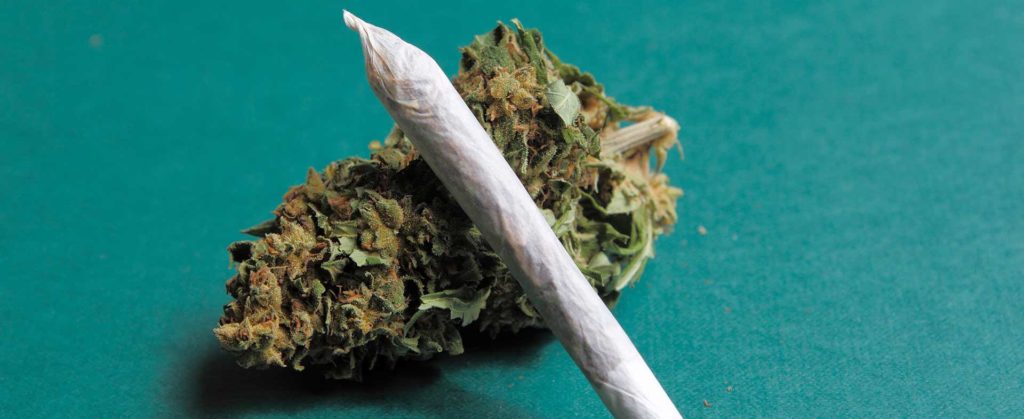The human body is complex, and the effects of cannabinoids such as THC and THCa on the body are equally as difficult. Both THC and THCA are forms of the same cannabinoid, but they differ in the way they interact with the body and the way they make a person feel. This post will discuss the differences between THC and THCa, their effects on the body, and how they result in different highs.
READ: Edibles Vs. Concentrates: Which One Is More Potent?
Cannabinoids
Cannabinoids are naturally occurring compounds found in the cannabis plant. They interact with the body’s endocannabinoid system (ECS) to produce a range of effects. THC and THCa are two of the most well-known cannabinoids and have been studied extensively for their effects. They have many similarities, but they also have some important differences that affect how they interact with the body and how they make a person feel.
THC
THC, or tetrahydrocannabinol, is the main psychoactive cannabinoid found in cannabis. It is responsible for the “high” associated with cannabis use. When ingested THC binds to cannabinoid receptors in the brain and causes various effects, including altered perception, euphoria, and mood changes. THC is the most abundant cannabinoid in cannabis and is usually found in 1-25% concentrations.
THCa
THCa, or tetrahydrocannabinolic acid, is the precursor to THC. It is the main non-psychoactive cannabinoid found in cannabis and is usually found in 1-25% concentrations. THCa does not bind to cannabinoid receptors in the brain nor cause the same psychoactive effects as THC. It is only converted to THC when exposed to heat or when ingested.
READ: Can You Buy High-Quality Hemp Flower Online?
THC vs THCa

The primary difference between THC and THCa is their ability to bind to cannabinoid receptors in the brain and produce psychoactive effects. THC is the psychoactive compound that produces the “high” associated with cannabis use, while THCa is the non-psychoactive compound that does not produce the same psychoactive effects.
Effects of THC
When ingested, THC binds to cannabinoid receptors in the brain and causes various effects, including altered perception, euphoria, and mood changes. THC is known to cause sedation, relaxation, and increased appetite. It can also cause anxiety, paranoia, and increased heart rate.
Effects of THCa
When THCa is ingested, it does not bind to cannabinoid receptors in the brain and does not produce the same psychoactive effects as THC. Instead, it has been found to have anti-inflammatory, analgesic, and anti-emetic properties. It has also been found to have neuroprotective and antispasmodic effects.
Differences in Highs

The primary difference between THC and THCa is how they make a person feel. THC is the main psychoactive cannabinoid that produces a “high”, while THCa does not produce the same psychoactive effects. THC can cause sedation, relaxation, and increased appetite, while THCa can have anti-inflammatory, analgesic, and anti-emetic properties.
READ: Edibles Vs. Concentrates: Which One Is More Potent?
Conclusion
In conclusion, THC and THCa are two forms of the same cannabinoid, but they differ in how they interact with the body and make a person feel. THC is the primary psychoactive cannabinoid that produces the “high” associated with cannabis use, while THCa is the non-psychoactive cannabinoid that does not have the same psychoactive effects. THC and THCa have a range of impacts on the body, but they make different highs.
